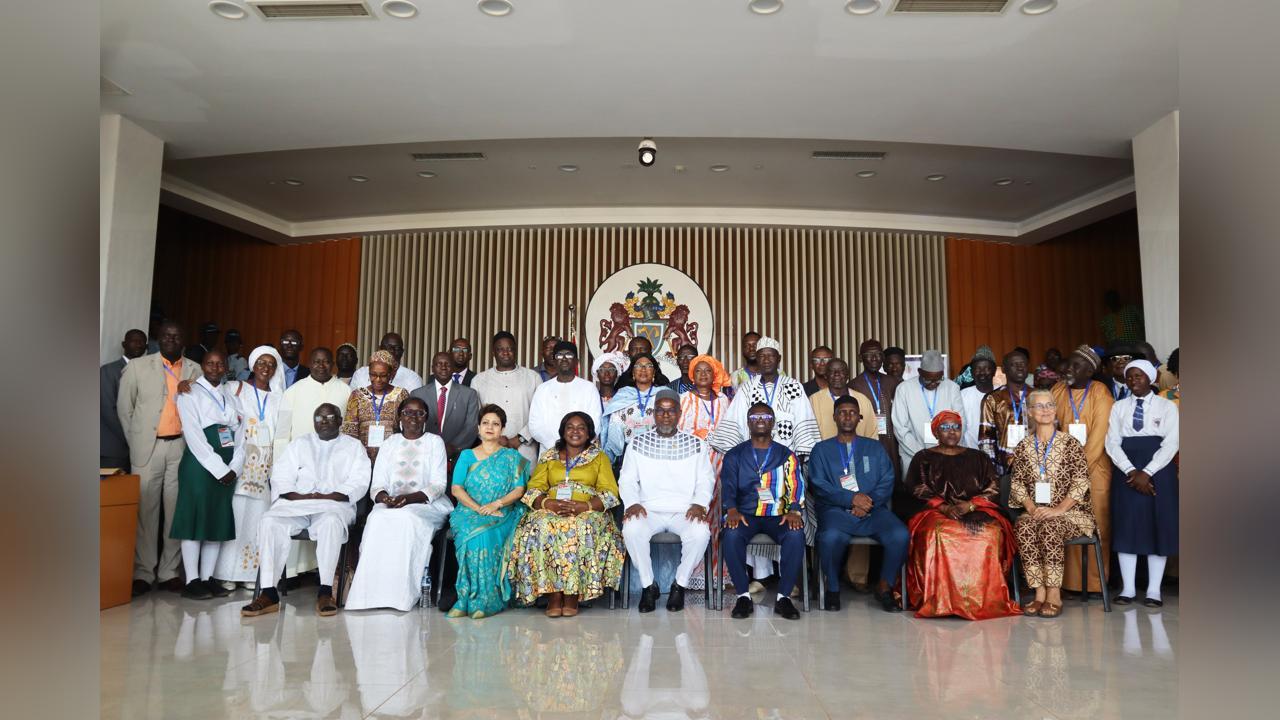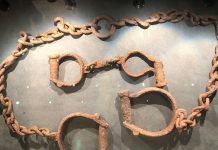Africa-Press – Gambia. The Department of Parks and Wildlife Tuesday organised a day-long inception workshop on the USD3 million Nagoya protocol/Access and Benefit Sharing (ABS) project.
Held at the Sir Dawda Kairaba Jawara International Conference Centre, the workshop exposed stakeholders to the project which aims to support The Gambia in adopting national measures and mechanisms to meet the provisions of the Nagoya Protocol on Access and Benefit Sharing.
The project funded by GEF is expected to be executed from 2025-2029 by the Department of Parks and Wildlife Management. Its main objective is to ensure the fair and equitable sharing of benefits arising from the utilisation of genetic resources.
The Nagoya Protocol emanated from United Nations Convention on Biological Diversity (UNCBD) of which the Department of Parks and Wildlife Management is the Focal Point in The Gambia.
The Nagoya Protocol is a 2010 supplementary agreement to the 1992 Convention on Biological Diversity (CBD).
Abubacarr Kujabi, Coordinator of the Nagoya Protocol/ ABS Project, said the project seeks to provide technical support for the smooth implementation of the Nagoya Protocol through developing ABS policy, legal, institutional and regulatory frameworks needed for implementation.
“It is evident that collaboration in natural resources management with local communities has created incentives for community participation and contributed to tangible benefits resulting in a reduction of deforestation. Therefore, other than developing the required legal instruments for the implementation of the Nagoya Protocol, extensive and intensive stakeholders’ engagement is a prerequisite to promulgate these instruments,” he explained.
He urged all stakeholders to continue partnering with them in disseminating the project’s goal to a wider audience.
“It is also evident that biodiversity loss has been a concern throughout the world. As a result, protected areas’ role in preserving biodiversity is becoming increasingly important. This role of preserving the biodiversity cannot be done effectively without the full collaboration of stakeholders.”
He thanked GEF for providing funding to The Gambia through the ABS project.
Momodou Lamin Gassama, Director Department of Parks and Wildlife Management, said one of the conditions of the Nagoya protocol is for parties to enact laws and regulations that will guide access and equitable sharing of benefit arising from the use of genetic resources.
He added that the inception workshop would not have been possible without the cordial cooperation of DPWM, NEA and DoF.
Ebrima Jawara, Permanent Secretary at MECCNAR, said the inception workshop is another important day in their efforts to continue addressing issues of biological diversity particularly the genetic resources through the ABS Project.
“The inception workshop marks the beginning of a milestone that demonstrates that The Gambia has not only ratified the Nagoya Protocol but is willing and ready to develop acts, regulations and policies that will guide the country in complying with the principles of the Nagoya Protocol,” he added.
For More News And Analysis About Gambia Follow Africa-Press






